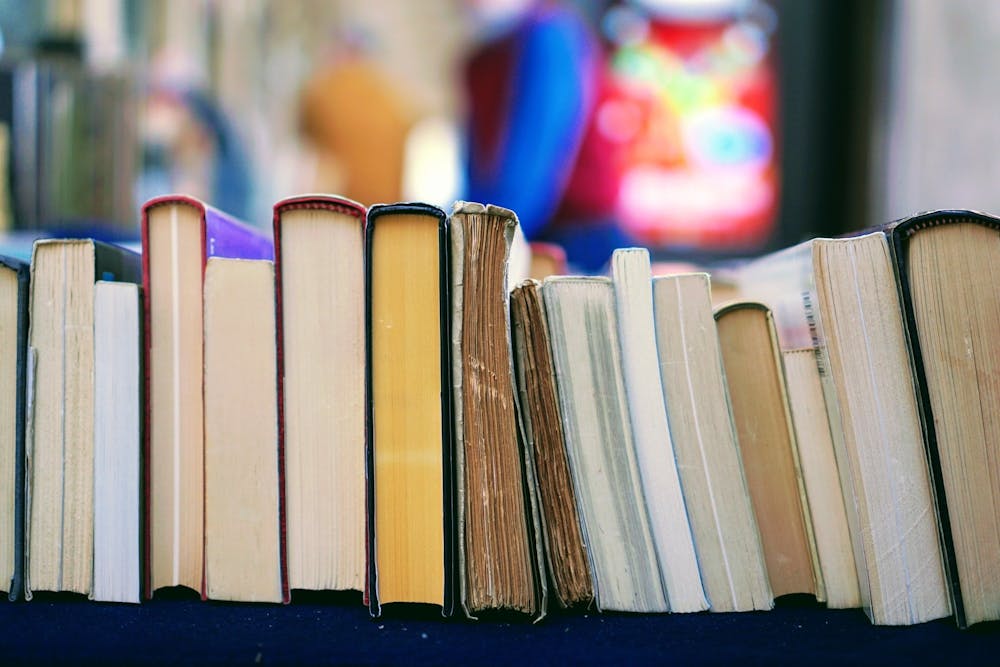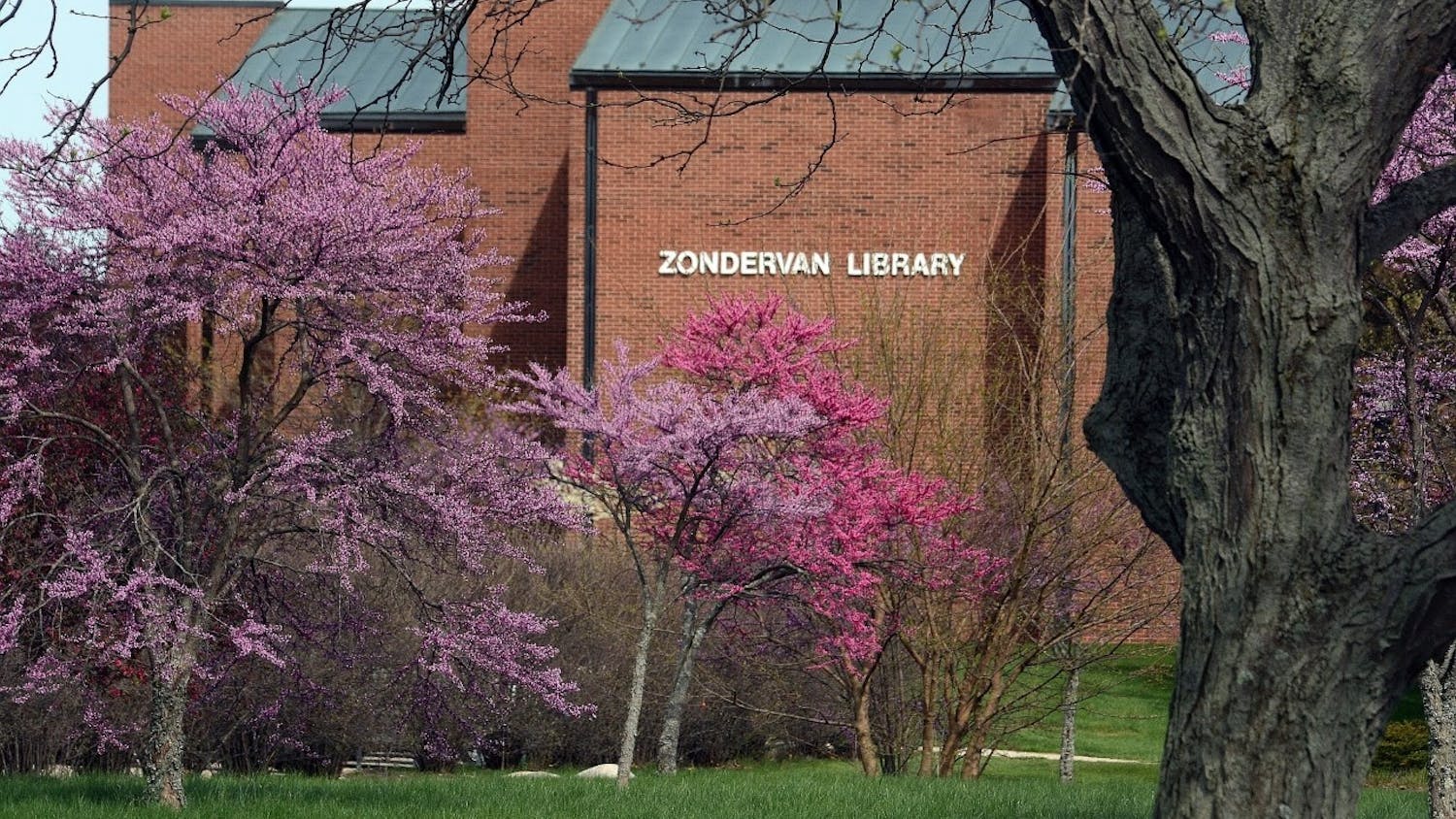After spending a semester in the beautiful (and eco-friendly) country of Ireland, I discovered a newfound interest in sustainability. From being aware of my plastic consumption to avoiding fast fashion and switching to sustainable alternatives like bar soap, I’ve found a lot of joy in trying to minimize my waste.
But one area of my life that seemed difficult to navigate was being a reader. As an avid bookworm, I find myself picking up a lot of books. Barnes and Noble calls my name every time I pass it and I have to spend some time browsing (which usually leads to buying).
I know it is impossible to stay away from buying new books altogether, especially when they have that fresh new book smell or you’re supporting a local bookstore and author. However, I think it is possible to limit your environmental impact as a reader. Here are some ways to do it!
Reduce:
The first thing you can do is reduce the number of new books you are buying. Now, I’m not saying you should reduce how many books you buy (though your bank account might be saying that). Instead, try to buy used books more often.
Thrift stores typically have large book sections. Often, they’re full of hidden gems that usually sell for only a few dollars!
Half Price Books is a great place to shop for newer books at, well, half the price. If you have a specific book you’re looking to buy, Half Price Books is the place to buy it used.
Other websites like Thriftbooks sell books for uber-cheap. If you’re okay getting a book that is well-loved, buy used from here.
Reuse:
Personally, I think the best eco-friendly option for reading books is to use the library. At your library, you have access to thousands of books for free! All you need is a library card. Here, you can also check out a book, read it and then decide if you love it before buying a copy. That way, if it doesn’t strike your fancy, you don’t waste the money (and shelf space) on a book you’ll never touch again.
Similar to public libraries are Little Free Libraries. Little Free Library is a non-profit organization with the motto “Take a book, Share a book.” If you aren’t familiar with these, anyone can build a little library, fill it with books and put it in their front yard or in a park. Others can then take a book from the little library in exchange for putting another book in it.
Recycle:
So what do you do if you need to make room on your shelves for all the new used books you’re going to get?
One great option is to gift your books to a friend. If you really enjoyed the story, leave a note inside explaining why you think they’ll like it. You could even consider doing a Christmas book exchange with some friends where you all swap a favorite book from the year.
Parting with books can be hard, but maybe a little less difficult when you’re getting paid or know they’re going to a great cause. Stores like Half Price Books will buy used books from you for a few bucks. Your local thrift store likely accepts book donations as well. And while you’re there, you may as well browse a bit for some used books…
This one may be painful to hear, but if all else fails and you need to get rid of a book, recycle it! Whether you put it to use in an arts and crafts project or simply put it in your recycling bin (first checking that the type of paper and cover are recyclable, of course), avoid putting a book in the trash. There, it will just get sent to the landfill and create waste.
So whether you’re eco-conscious, budget-conscious or just want to switch up your book habits, consider the old adage “Reduce, Reuse, Recycle” next time you need a new read.





